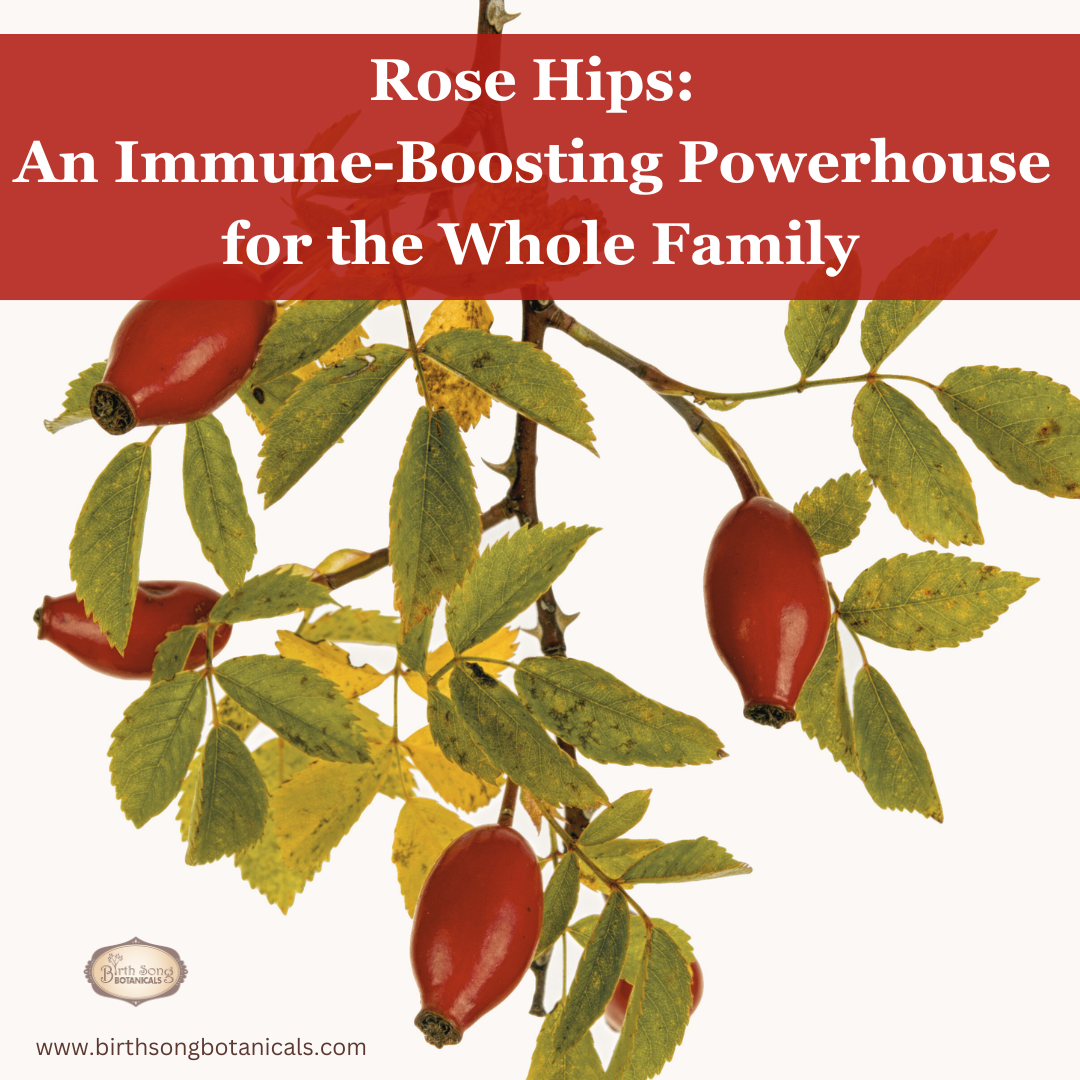Herbal Spotlight: Fenugreek for Lactation

Fenugreek is probably the most well known and trusted herb for supporting lactation. It has many uses and has been enjoyed for centuries. Fenugreek is an ancient herb with uses dating back to our earliest knowledge of human medicine – regularly centering around women’s health. In this article we will highlight how fenugreek supports lactation, carrying on the tradition of herbalists and medicine makers who came before us.
About Fenugreek
An annual legume that was once known as “Greek hay,” fenugreek is a Mediterranean plant. Today, it is cultivated as broadly as Turkey, India, and China. The plants grow thick and rich, full of small rounded leaves that could easily be mistaken for clover. It’s a beautiful plant to grow that would do well as a ground cover or to fill a beautiful pot with all of its greenery.
When fenugreek is used for medicine, the seeds are harvested and prepared for anything from topical preparations, ingestion remedies, culinary spices, and breastfeeding herbal supplements and tinctures. The leaves are not used medicinally, so when fenugreek is mentioned, it’s understood that the seeds are being used.
History of Fenugreek Use
One of our earliest documentations of medicine is in the Ebers papyri, an Egyptian document dating back to around 1500 BCE. In those papers, fenugreek was noted as a remedy used to induce labor. While it’s not what we use it for today, it’s interesting to see the spread and cycle of fenugreek uses around the world.
Fenugreek eventually traveled east, where it appeared in Traditional Chinese Medicine documents for issues related to abdominal pain and swelling. Later, it made it all the way around the world to the US, where we used it for hormonal imbalance and as a galactagogue (increasing milk supply).
Today, fenugreek is listed as a substance “Generally Regarded as Safe” (GRAS) by the FDA and not only used medicinally but also used in food production as flavoring. The German Commission E – an organization that maintains herbal monographs based on both safety and efficacy evidence – has approved it for loss of appetite as well as for topical concerns while recognizing safety during lactation.
Fenugreek for Lactation
The history of fenugreek use seems to consistently correlate to potentially hormonal conditions, which could explain its apparent benefits for lactation. While there are no studies confirming its use as a galactagogue, its safety and longstanding use for milk supply make convincing arguments. Until researchers catch up and are able to identify exactly what part of fenugreek seems to help so many moms increase their supply, we will continue the tradition of using this ancient food as medicine.
We suggest seeing a lactation consultant prior to taking any herbal supplements. Also discuss with them all the medications you may be taking so they can have all the information and be able to guide you to a solution more effectively. Sometimes, mothers worry about their low milk supply when in fact everything normal and all they needed was some insight about normal breastfeeding expectations. Other mothers are getting ready to go back to work and they want to stock their freezer with milk. Once again the guidance of a lactation consultant can help them set up a pumping schedule and learn the best times to introduce the bottle.
With that said, it’s important to remember that low milk supply has many causes and is often a multi factorial issue. These concerns need to be identified and addressed in a timely manor. The beauty of herbal medicine is that it’s about establishing proactive efforts rather than a reflexive response; we don’t expect to just take a fenugreek pill and make it all better. Sometimes taking a supplement might mask the real problem, or not be effective without also altering your pumping schedule, skin to skin time with your baby, nutrition, correcting your baby’s latch or diagnosing another medical condition, such as hypothyroid or PCOS.
After your consultation with the lactation specialist you can try a gentle, regular dose of fenugreek in our Nursing Nectar Herbal Breastfeeding Tea or a more concentrated effort in Let There Be Milk liquid supplement. This helps to feed and nourish your body while supporting and maintaining adequate milk supply, with the ability to increase efforts if needed.
Note: Let There Be Milk! is a liquid extract, also known as a tincture. Our vegetarian liquid capsules are popular with mothers who dislike the taste of the extract, but are the same liquid extract—just packaged differently for ease of use. Nursing Nectar is our herbal breastfeeding tea. It is a great companion to Let There Be Milk!
By utilizing food-as-medicine doses of herbs, we work with the natural rhythm that our bodies expect to have. These healthy habits can avoid the need for more intensive doses, or they can familiarize us with herbs when the time comes that we need to use them in truly medicinal ways.
Caution: Because fenugreek is part of the legume family, anyone with peanut allergies or allergies to any kind of legume should avoid it. Diabetics should also take caution, as fenugreek has been shown to drop blood sugar levels and could trigger hypoglycemia.
GI Upset: Fenugreek is known to cause diarrhea and/or intestinal upset in a small number of people. The odds of this reaction can be minimized by taking the most moderate dose that works for you. Dried herbs can also cause stomach upset because of the amount of fiber they are adding to your diet. If you are taking fenugreek along with other supplements, be aware of this potential side effect.
For this reason, it is more beneficial to take Fenugreek as a blend with other herbs so the possibility of side effects are minimized. For example, in Let There Be Milk! we blend Fenugreek which may cause diarrhea in some people, with Blessed Thistle which is a anti-diarrheal. Both herbs aids in the production of breastmilk, making them great companions.
Pregnancy/Smooth Muscle Stimulation: One theory about why fenugreek works to stimulate breast milk production is its action on smooth muscles. (Breast tissue is a smooth muscle.) The uterus and your intestines are also smooth muscles making fenugreek unsafe during pregnancy. Do not take fenugreek while pregnant or while you can become pregnant.
Hypoglycemia: Another reason fenugreek is not intended for pregnancy is because clinical trials have shown that fenugreek lowers blood sugar causing morning sickness in pregnant women. Fenugreek is also used to control blood sugar by diabetics. If you are diabetic, talk to your healthcare professional before using fenugreek.
Other Contraindications: Fenugreek contains coumarin, and animal studies have shown fenugreek to increase the effects of warfarin. Do not use fenugreek if you have been prescribed blood thinners.
Fenugreek may lower the thyroid hormone T3: (also based on animal studies only), so fenugreek is not recommended for women with hypothyroid. Some sources have reported that Fenugreek has been said to have an effect on blood pressure/medications but we are unable to find any credible studies or links to fenugreek’s effect on either high or low blood pressure. However, as cautioned above, you should consult your lactation consultant and other healthcare professionals before taking any supplements or medications.
About Birth Song Botanicals Herbal Supplements:
Each ingredient undergoes quality testing before being added to any Birth Song Botanicals product. Then, the finished product is tested for bacteria, yeast, mold, E. coli, Staphylococcus, salmonella and heavy metals by a third-party lab.
Manufacturing and packaging Birth Song Botanicals Herbal Supplements is done in a GMP certified and FDA registered facility.
Birth Song Botanicals products do not contain dairy, egg, fish, shellfish, tree nuts, peanuts, wheat or gluten. Our capsules contain non-GMO soy lecithin.






Birth Song Products That Contain Fenugreek:
Nursing Nectar Tea
Let There Be Milk! Tincture
Let There Be Milk! Liquid Vegetarian Capsules
Sources & Further Reading:
American Botanical Council/German Commission E
Kelly Mom Summary
The Essential Guide to Herbal Safety
The Nursing Mother’s Herbal